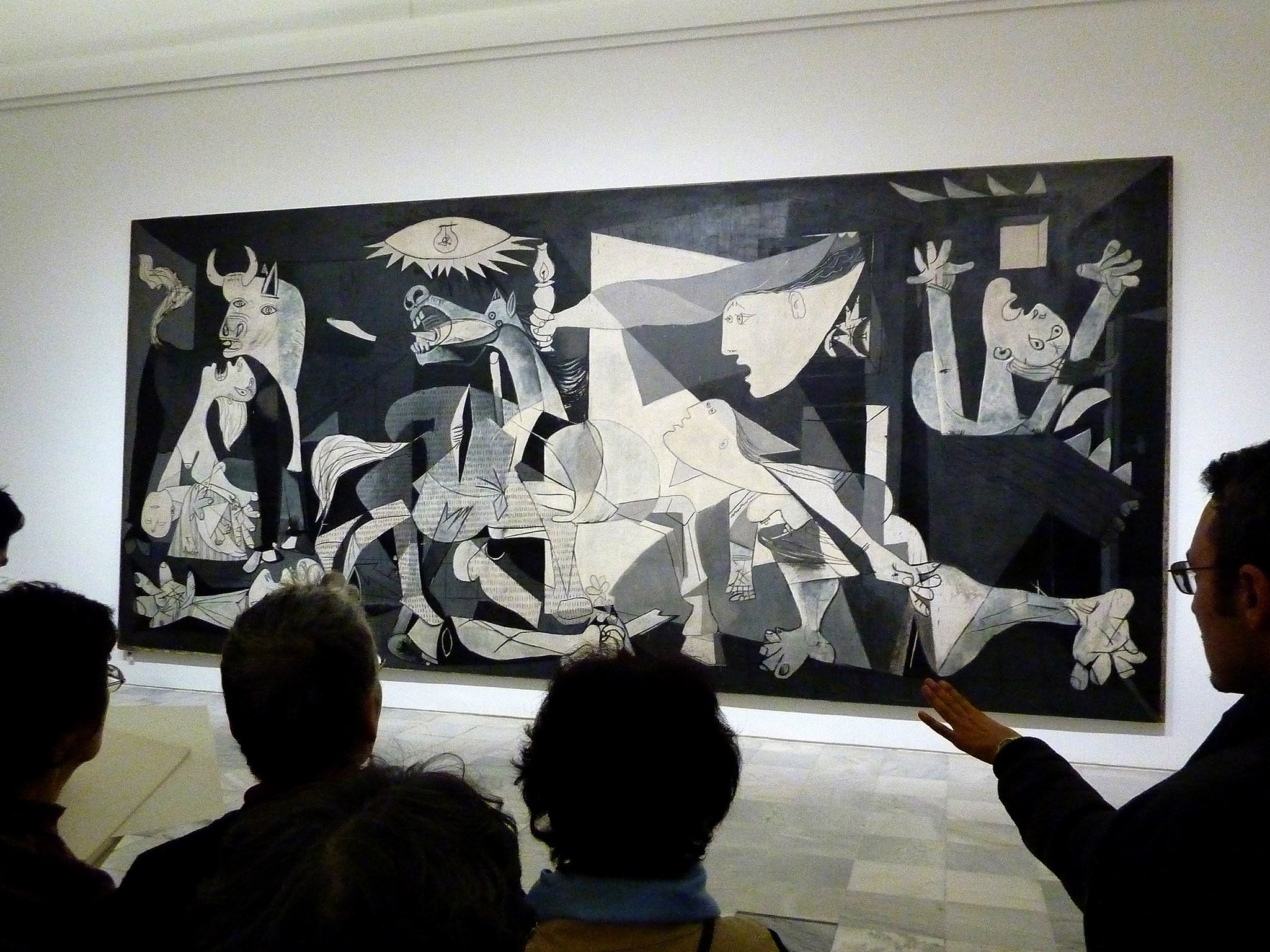International fiction in translation round-up: Counterculture, war, alienation and other stories
Uncertain Glory is a Stendhalian epic set during the Spanish civil war and written in Catalan by Joan Sales, who fought on the republican side

Danish writer Helle Helle’s novel This Should Be Written in the Present Tense (trans. Martin Aitken, Harvill Secker, £12.99) is a very contemporary, mildly depressing narrative about what might in fact be a case of clinical depression, or perhaps plain incompatibility with modern life.
Dorte, a student, takes the train every day to Copenhagen where she mopes around, shopping and eating pastries in cafes, instead of attending lectures. She falls into a desultory fling with the lad who works in the railway station next-door, and remembers a previous relationship, when she was living at home, and what she did to wreck that.
Helle’s spare style takes a while to get going – you might easily have put the book down before you start to assimilate the crucial absences around which her deliberately banal sentences orbit. A typical passage, with Dorte taking down a book from the local library: “I looked at the back cover. I looked in the index. I looked at my hands, I tried to pull myself together. I read and took nothing in.” Impressive, but rather numbing, too.
Shifting from Denmark to a remote island off the coast of West Africa, Juan Tomás Ávila Laurel offers an equally plain style, but here it is grown out of the native oral tradition of storytelling. By Night the Mountain Burns (trans. Jethro Soutar, And Other Stories, £10) is a collection of childhood memories, a working through of hardship and superstition. As the narrator says, “And on that island out in the middle of the Atlantic Ocean, nasty episodes unfortunately had to be explained somehow; something had to satisfy people’s need for a cause. Living so far away from everything else gave us a particular way of feeling. Of seeing, of thinking.”
Other recent publications showcase translation’s work of recuperation, bringing to our attention books which didn’t make it into English when they first came out. Jörg Fauser’s Raw Material (trans. Jamie Bulloch, Clerkenwell Press, £8.99), originally published in 1984, is described as a classic of the German counterculture. Its compelling tale of artistic failure follows would-be novelist Harry Gelb from life as a junkie in Istanbul to a hand-to-mouth existence making underground magazines and films in Frankfurt, from the Vietnam era to the Baader-Meinhof. Gelb is a romantic cured of all illusions, which makes him a likeable hero, but the novel slightly one-dimensional. Fans of narcotic literature will enjoy the cameo appearance of William Burroughs: “His eyes were blue and radiated the unshakeable authority of a high court judge who’s seen all manner of corruption.”
Further back still – and a genuine find – we have Uncertain Glory (trans. Peter Bush, Maclehose Press, £20), a Stendhalian epic set during the Spanish civil war and written in Catalan by Joan Sales. Sales, who fought on the republican side, gives us a dispassionate view of the conflict: the anarchists are as bad as the fascists, the communists barely better.
This is a great, humane novel. It is mostly set away from the front, in pauses between the slaughter, which gives the soldiers – Lluís, in love with a local noblewoman; Cruells, a trainee priest; and Soleràs, the book’s melancholy anti-hero – plenty of time to sit around and discuss love, God and philosophy.
The absurdity and the waste of war is Sales’ timeless theme: “No, it’s not for any cause; they have come to crucify one another, on both sides. It’s the same story in every war and that’s why there will always, always, always be wars. Because man was created to sit by the fireside with his beloved, yet he feels the need to crucify.”
Subscribe to Independent Premium to bookmark this article
Want to bookmark your favourite articles and stories to read or reference later? Start your Independent Premium subscription today.

Join our commenting forum
Join thought-provoking conversations, follow other Independent readers and see their replies